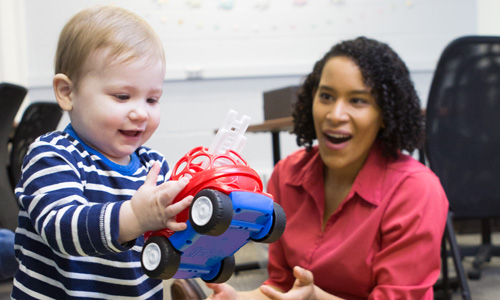Our strengths meet society's critical challenges
Today we are facing unprecedented social concerns, including growing poverty, hunger, access to quality health care, and addiction.
CEHD's strong leadership, a clear sense of purpose, and excellence across academic disciplines place us on the leading frontiers of knowledge. We forge community partnerships, share knowledge, and craft effective new practices and policies which benefit children and families.
Critical issues
Four areas represent the intersection of CEHD's strengths with society's most pressing needs.

Educational equity:
to ensure everyone has the opportunity to achieve their potential
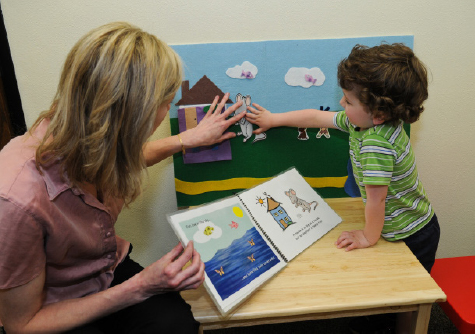
Autism and developmental disabilities:
to make possible early interventions for autism, and to help individuals with disabilities thrive

Living better, living longer:
to advance research with a holistic view of health, aging, and wellbeing

Children's mental health and welfare:
to get children off to a good start, and to foster family resilience
Advance educational equity
We are studying the best ways to promote the achievement of first generation, low-income, and underrepresented students from preschool through college. We have identified best practices in helping students go farther in STEM fields, and are uncovering the role of standardized assessments in exaggerating and perpetuating disparities. Our teacher candidates complete their degrees with expertise in culturally- and gender-relevant pedagogy, and knowledge of educational technology. And, we offer new and innovative pathways to teaching careers to ensure that our future classroom leaders are more diverse and reflective of the students they teach.
Getting schools ready
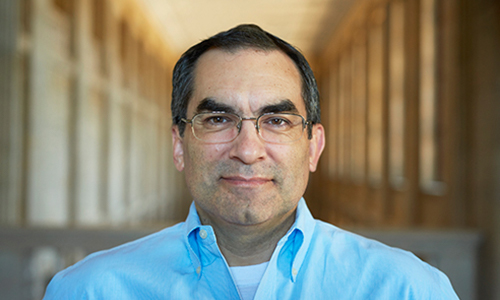
Autism and developmental disabilities
CEHD’s Institute on Community Integration conducts outreach to improve policies and practices to ensure that all individuals with disabilities are valued by, and contribute to, their communities of choice. Additionally, CEHD is a leader in the study of early diagnosis and intervention for autism, including tracking incidence rates and improving the understanding of its causes. Our researchers also focus on how to improve the lives of people with intellectual and developmental disabilities, such as bolstering the services and supports that help them thrive.
Overcoming infant trauma
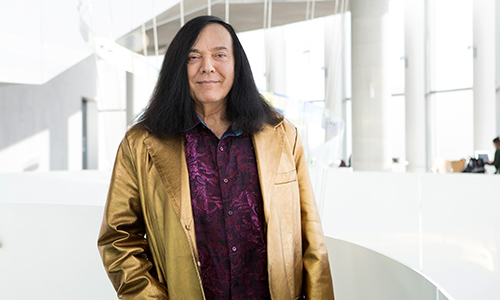
Living better, living longer
CEHD faculty look at individuals’ health physically, emotionally, and in relationships. They are studying topics as diverse as disparities in health literacy, the benefits of intergenerational relationships, healthy ways to navigate grief and loss, and how physical movement changes throughout the lifespan. Faculty also focus on older adults’ wellbeing, increasing quality of life by promoting individual strengths and engagement with others. And, the Tucker Center for Research on Girls and Women in Sport is a national leader for its expertise and efforts to better the lives of female athletes – both on and off the playing field.
Bridging research and practice
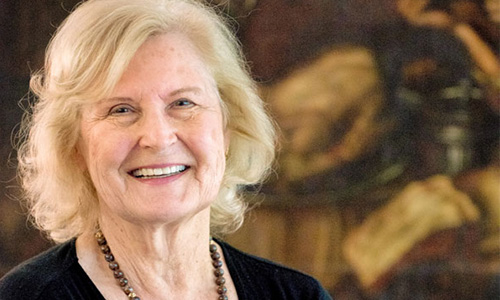
Children’s mental health and welfare
CEHD research translates scientific discoveries into powerful treatment methods and evidence-based intervention, especially in the top-ranked Institute of Child Development. ICD researchers study the role of trauma in children’s mental health, the impact of mentors, parenting skill development, and adoption best practices. Additionally, family resilience is a key part of children’s welfare, and our faculty work with parents to build skills and overcome trauma. We go further to engage with early childhood professionals, family counselors, psychologists, and schools to make sure discoveries can be applied in practice.
Talent that Empowers Research
